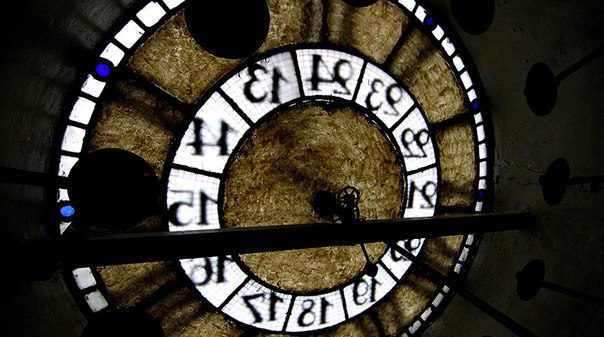You said "(Poland) has always been Central Europe" - I just replied to this. Historically, it has always been the most Eastern of all European countries. To the East of it, only Russia which is substantially different from all countries of European family. Or you want to say, Poland ceased to be Eastern European just 20 years ago, when Ukraine and Belarussia appeared on the map?
I may be losing you here... You seem to be suggesting that the former Soviet Union was not actually part of Europe at all, thus rendering what I would refer to as "non-Germanic Central Europe" as "Eastern Europe"? Even if we accept that, it simply suggests, to me, that Germany, which I would argue remains in the same cultural sphere as Poland et al. becomes "Eastern European" as well, and we simply forgo "Central Europe" altogether. The labels themselves are not important, after all, just rough geographic approximations; what matters is the cultural spheres they represent.
You can, but it doesn't make sense. We'll have a map consisting of (from West to East) "Western Europe - Central Europe - Russia" for the last ~1000 years. It's the same as building without 13-th floor, because nobody wants to live there.
Well, it wasn't
meant to make sense; I intended to demonstrate that merely asserting that associations with a region which you have deemed, without apparent justification, to be "Eastern Europe" are no more innately proof of an Eastern European identity for Poland than the inverse would be for Ukraine and Belarus. I was, in essence dismissing historical, proto-national boundaries as insufficient proof of either argument.
Such division is not worse than any other, like religion for example. Poland is Catholic, like France and Spain, but not like Germany which is Protestant. Does it mean that Poland is Western Europe?
When I refer to "Catholic" and "Orthodox", I refer to the broader and more long-term traditions of the nations, and the resulting cultural spheres that this places them in. Poland, like Czechia, Slovakia and Hungary, was a traditionally Catholic nation, and fell into the Germanic-Catholic culture sphere, centred around Upper Germany, particularly Vienna (the influence of which later grew to encompass Slovenia and Croatia, formerly part of Italy's Southern European sphere).
The partial conversion of Germany to Protestantism (noting that Upper Germany, the traditional cultural centre of Central Europe, remained Catholic) is of limited relevance; while it does suggest a division between Catholic Central Europe and Protestant Central Europe, the same can be said of Catholic Western Europe (France and Belgium) and Protestant Western Europe (England, Wales, Scotland and the Netherlands) (Ireland sits somewhere between the two; it is Catholic, but traditionally falls into the English cultural sub-sphere). Protestantism is, remember, split more recently from Catholicism that Catholicism did from Orthodoxy, by which time most of the regions we discuss had more or less crystallised. In contrast, the Great Schism occurred far earlier, before many consistent spheres had developed- only Rome's prototypical Southern European and France's prototypical Western European spheres were evident, and far smaller) and so were more easily influenced by such a grand religious and political schism. The Protestant Reformation had it's influences, to be sure, but it largely split existing spheres, rather than forming new ones; a Prussian Protestant and a Bavarian Catholic both had rather more in common than each to an English Protestant and an Italian Catholic, respectively.
I don't see what's the issue here, Eastern Europe is everything between Germany and Russia.
Again, I don't hold that Russia is a non-European nation, nor do I find geographic conveniences of the Cold War to carry much weight; why start at the German border, after all? Why not the French? Or the Polish? If culture plays no part in your decision, then we can place the border anywhere. We could very well run it down the middle of Poland, along the pre-1918 German/Russian border. It would just about as relevant!



 ) wrong with you guys, it's just that when you call us Eastern European, it's like picking up the Cold War and Communism and throwing it at our face. IE, Bringing up a piece of our history which we are not proud of, and is still fresh in many of our memories.
) wrong with you guys, it's just that when you call us Eastern European, it's like picking up the Cold War and Communism and throwing it at our face. IE, Bringing up a piece of our history which we are not proud of, and is still fresh in many of our memories.



